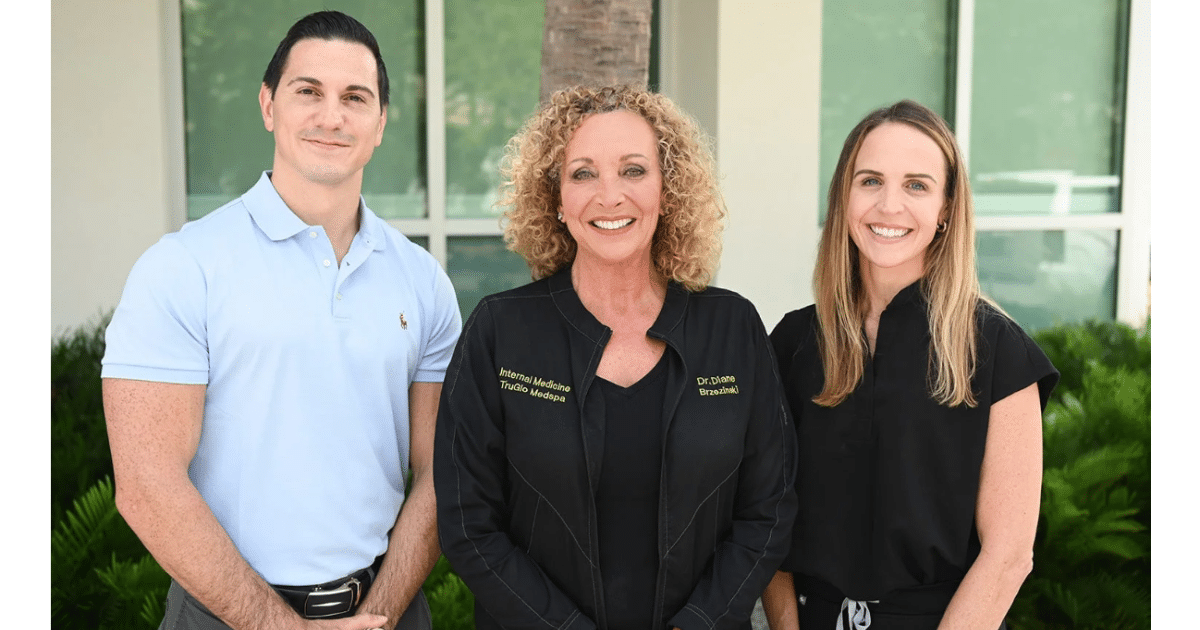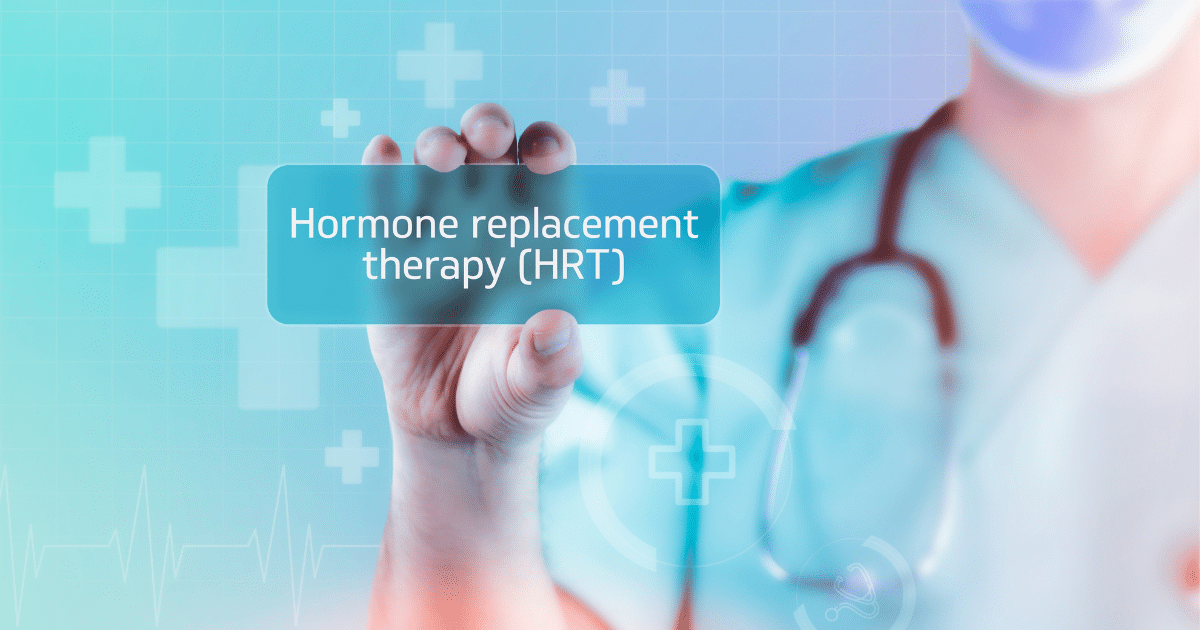
For most women, the adage of nothing being certain in this world except death and taxes is missing a third certainty. That is menopause, because almost all women who reach the menopausal years are certain to experience this natural, sometimes taxing, transition in life.
This aging-related transition marks the end of a woman’s fertility as our ovaries decrease in size, and our bodies slow and stop the production of hormones that regulate the menstrual cycle. Menopause affects all women differently, but the transition typically happens slowly in what has been delineated into a three-stage process. Perhaps in a similar fashion to how many people don’t like to think about aging, some women give little thought to menopause until they start to experience menopause-related symptoms.
Whether this describes you, or you just want to enhance your understanding of menopause, Naples, Florida internal medicine physician Dr. Diane Brzezinski, D.O. knows all about the stages of menopause, which she highlights below. Dr. B also has extensive experience in successfully treating women for their menopause-related symptoms. Dr. B addresses the various menopausal issues faced by her patients with a holistic approach, which often includes the use of hormone therapy to ease their transition through the menopause stages.
Perimenopause Marks the First Hormonal Decline
Most women experience the first stage of menopause—perimenopause—in their mid to late 40s, though some women can experience it much earlier, sometimes as a result of health issues and/or medical procedures. Perimenopause marks the first changes in hormone levels, which often cause irregular menstrual cycles. Other symptoms commonly experienced during perimenopause include:
- Hot flashes
- Night sweats
- Insomnia
- Mood swings
- Vaginal discomfort and dryness
- Decreased libido
- Urinary problems
On average, perimenopause lasts for about four years, but the duration can range from as short as a few months to as long as 10 years. Pregnancy is still possible during perimenopause, so women should keep this in mind with regard to their sexual activity.
Menopause Marked by End of Menstrual Cycles
Menopause is officially marked by the complete cessation of a woman’s menstrual cycle, with 12 months without experiencing a period considered the benchmark for the end of menopause. During this stage, perimenopausal symptoms can become more severe and symptoms that were not experienced during perimenopause often emerge. The average age for entering this stage is 51 for U.S. women, though some enter menopause much earlier and others much later.
Hormone-Related Symptoms Persist into Postmenopause
Even when a woman enters postmenopause after not experiencing a period for 12 months, hormonal imbalances can continue to cause discomforting symptoms. While the severity of the menopause symptoms tends to decrease, low hormone levels may cause new symptoms to emerge. Such symptoms include:
- Loss of concentration
- Headaches
- Weight gain
- Hair loss
- Emotional distress
- Incontinence
Decreases in estrogen can also increase the risk of developing more serious health conditions, including heart disease, osteoporosis, and osteopenia.
Ease Your Menopause Symptoms with Hormone Replacement Therapy
Women can help ease their menopause symptoms with a change in diet, exercise, stress reduction, and by practicing overall healthy living habits, such as avoiding smoking and excess alcohol consumption. Many of Dr. B’s patients also relieve their symptoms with bioidentical hormone replacement therapy. Dr. B relies on all-natural bioidentical hormone pellets that release needed hormones into the body as needed. Derived from natural plant sources, the pellets mimic the actions of healthy ovaries by maintaining hormone levels at a steady rate.
Consult with Dr. B to Learn More
If you would like to learn more about how to incorporate bioidentical hormone replacement therapy as part of a holistic approach to alleviating your menopause symptoms, consult with Dr. B. You can contact Dr. B’s Naples-based internal medicine practice today through our easy online form, or by calling (239) 261-9990.




